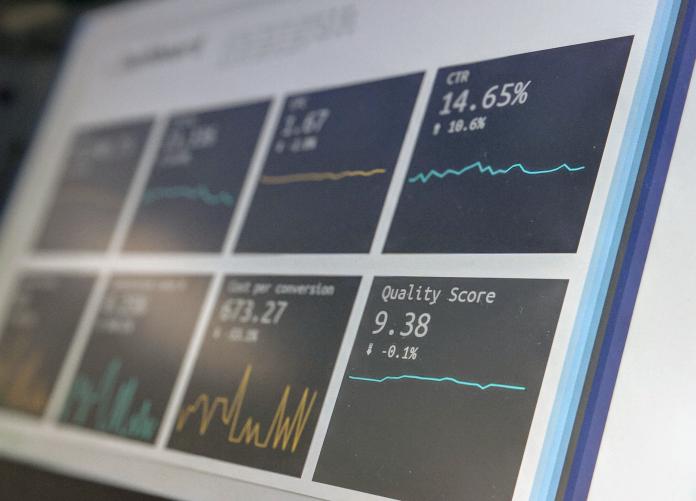Suppose you are an employee, businessman, professional, or pensioner looking for more effective ways to multiply your savings aside from letting it sit in your bank account forever. In that case, you are on the right page. You indeed have thought about what an investment is and the ideal investments you can focus on using your pocket money or savings.
However, you should know about investments because they are merely earning opportunities and should not be seen as an immediate source of income. If you think investing is such a broad, complex term, here is a simple beginner’s investment guide.
Investment Simplified
Investing in stocks, real estate, commodities, foreign exchange, cryptocurrencies, and many more is like planting a seed and waiting for the best time to harvest the fruits. The seed is your money, and the fruits are your gains. But the most brilliant investors are those who can handle the risks it entails.
Investments aren’t just all about gaining from profits to profits— it is also all about managing your risks, patching up your losses, monitoring your portfolio, and staying updated on current events. It requires skill, discipline, endurance, and mental composure to withstand the cons that come with it. If you really are into it, you need to educate yourself first and know what type of investor you want to be.
Short-term Investor
If you are looking for an active source of income, then short-term investing is for you. Short-term investments are for people who no longer have a full-time job. This is perfect for elderly people who receive their pension every month and can regularly deposit their savings on a specific timeframe. Seniors who are staying home all day can easily monitor their investments and stay updated by watching live news on TV.
However, always remember that short-term investing requires more skill and planning compared to long-term investing. You are trading daily, and the market’s volatility can impact your money’s value every minute. Thus, to avoid financial losses, use your free time in doing a lot of research about strategies and techniques (such as diversification) to minimize your risks.
Long-term Investor
This buy-and-hold kind of investment is perfect for people who have full-time jobs. Full-time employees do not have plenty of time to research and monitor their portfolios. They have stable income sources to prioritize; so, monitoring their investment’s growth every minute or every hour would only distract them from their jobs. Thus, by being a long-term investor, they will be able to let their money sit on their portfolio for a long time (five, ten, or twenty years) and depend on the inflation rate’s impact on the market’s value.
Factors that can affect an asset’s value can be anything from political issues to natural events such as increasing birth rates, weather conditions, and many more. The best thing about being a long-term investor is that you will be facing lower risks than short-term investing. However, this requires more patience than short-term investing because It takes a long time to gain satisfactory returns.
Also, even though being a long-term investor is less stressful, you will have less control over your invested money because you are dealing with a longer timeframe. This only means you cannot withdraw your money anytime you need it. So, only choose this path when you are ready to store your money in your trading platform for years. Never use your emergency funds for this.
Final Words
Earning from your investments requires time. The returns are not consistent and immediate. Thus, by being patient and by understanding the pros and cons it entails, you will eventually master the entirety of it.




























